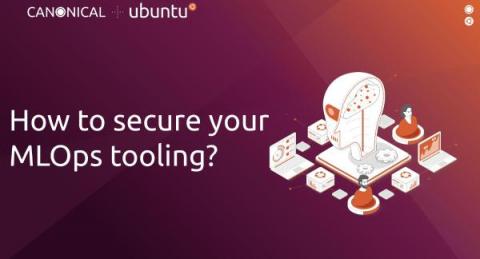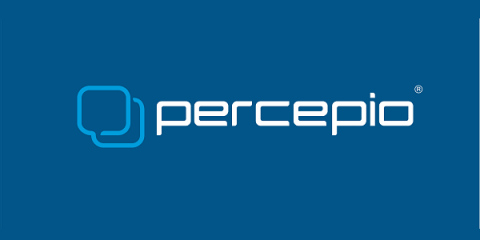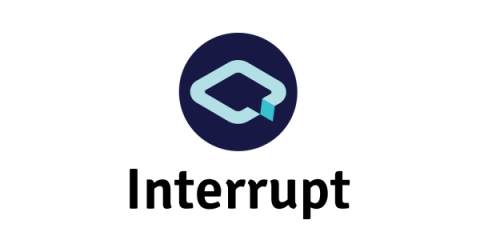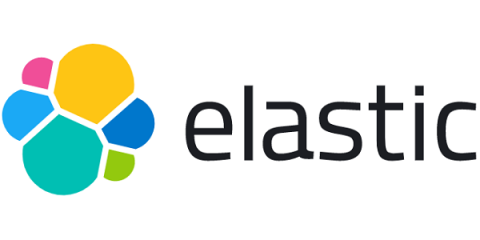How to secure your MLOps tooling?
Generative AI projects like ChatGPT have motivated enterprises to rethink their AI strategy and make it a priority. In a report published by PwC, 72% of respondents said they were confident in the ROI of artificial intelligence. More than half of respondents also state that their AI projects are compliant with applicable regulations (57%) and protect systems from cyber attacks, threats or manipulations (55%). Production-grade AI initiatives are not an easy task.











